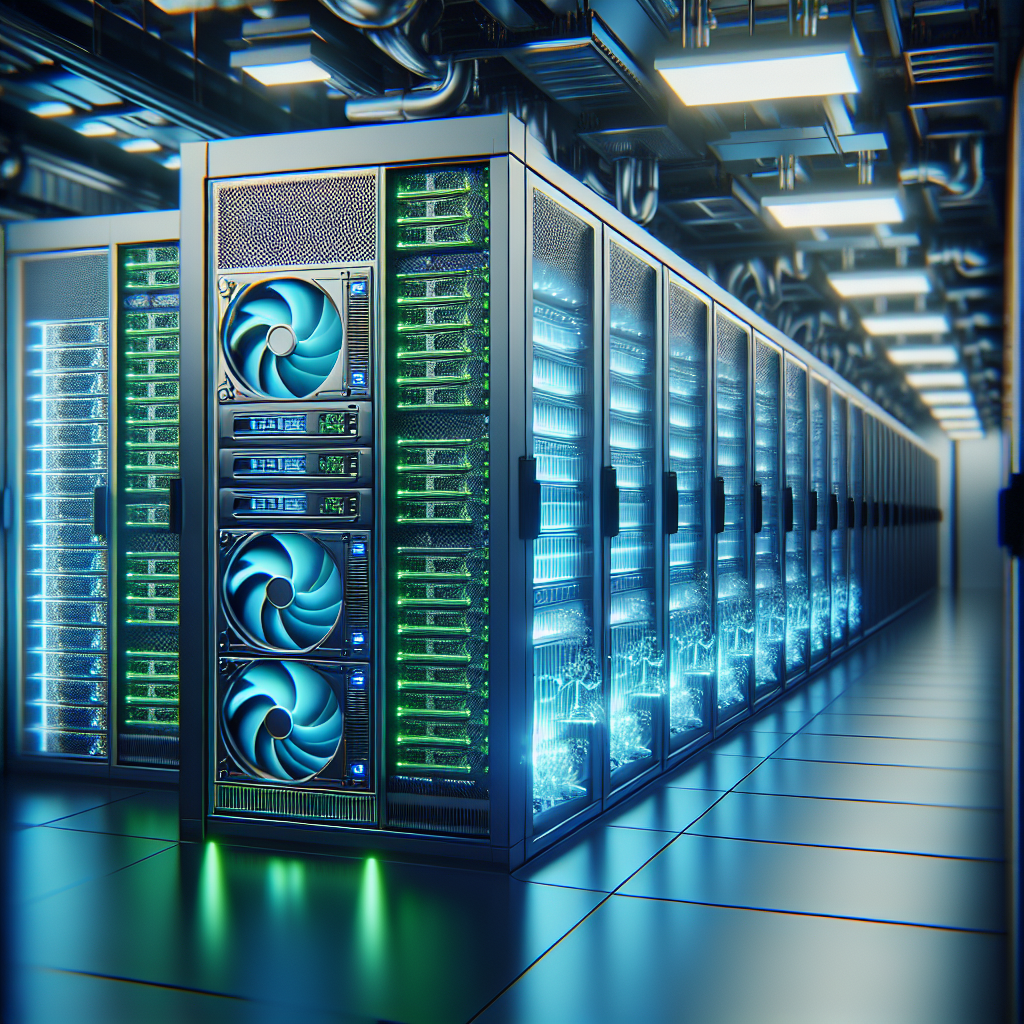Your cart is currently empty!
The Future of Data Center Cooling: Innovations in HVAC Technology

As data centers continue to play a crucial role in our digital-driven world, the need for efficient and sustainable cooling solutions becomes increasingly important. Traditional cooling methods, such as air conditioning, can be both costly and environmentally harmful. However, advancements in HVAC technology are paving the way for more innovative and sustainable cooling solutions for data centers.
One of the key innovations in data center cooling is the use of liquid cooling systems. Liquid cooling technology involves circulating a liquid coolant through the servers to dissipate heat more efficiently than traditional air cooling methods. This method not only reduces energy consumption but also allows for higher density server installations, ultimately maximizing the space within data centers.
Another emerging trend in data center cooling is the use of direct evaporative cooling systems. This technology utilizes water evaporation to cool the air in data centers, significantly reducing energy consumption compared to traditional air conditioning systems. Direct evaporative cooling systems are also more environmentally friendly, as they do not rely on harmful refrigerants that contribute to greenhouse gas emissions.
Furthermore, advancements in HVAC technology have led to the development of smart cooling systems that can dynamically adjust cooling levels based on real-time data. By utilizing sensors and artificial intelligence, these systems can optimize cooling efficiency and reduce energy consumption by only cooling areas that require it. This not only improves the overall energy efficiency of data centers but also extends the lifespan of cooling equipment.
As data centers continue to grow in size and capacity, the demand for more sustainable cooling solutions will only increase. Innovations in HVAC technology are crucial in addressing these challenges and ensuring the long-term sustainability of data centers. By embracing liquid cooling systems, direct evaporative cooling technologies, and smart cooling systems, data centers can significantly reduce their environmental impact while improving efficiency and performance.
In conclusion, the future of data center cooling lies in innovative HVAC technologies that prioritize sustainability and efficiency. By adopting these advancements, data centers can not only reduce their carbon footprint but also improve operational performance and cost-effectiveness. As the demand for data continues to rise, it is imperative that data centers invest in cutting-edge cooling solutions to meet the challenges of tomorrow.

Leave a Reply